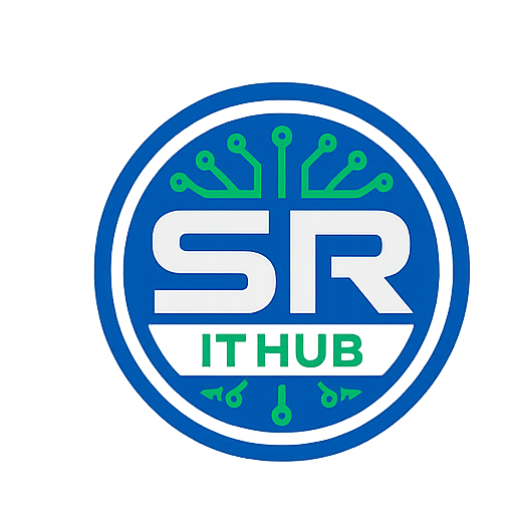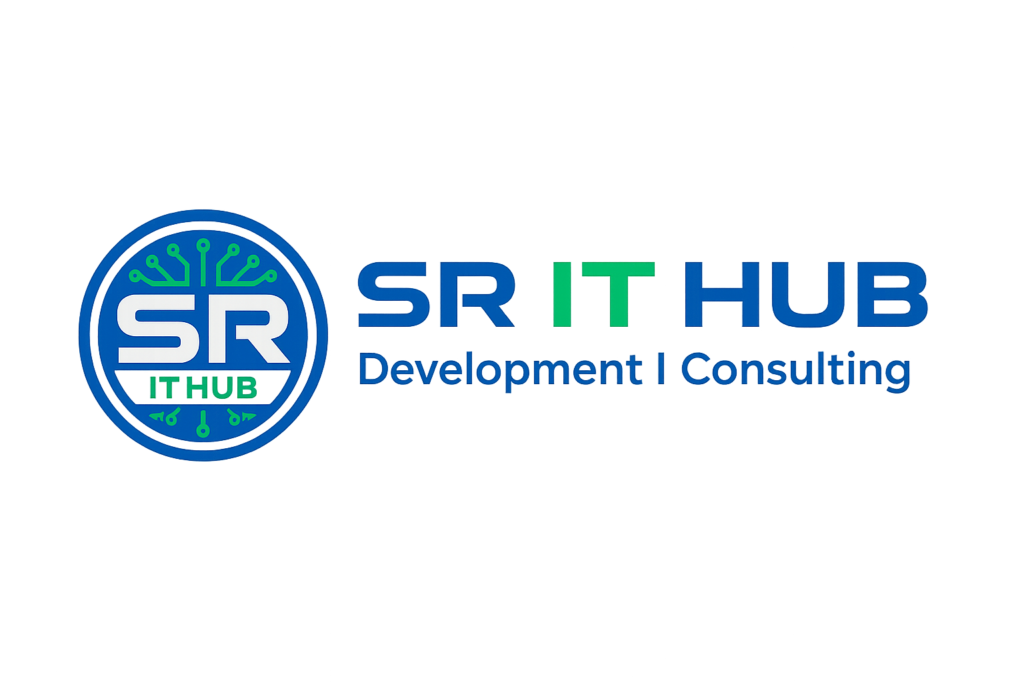ABSTRACT
With the popularity of social media (e.g., Facebook and Flicker), users can easily share their check-in records and photos during their trips. In view of the huge number of user historical mobility records in social media, we aim to discover travel experiences to facilitate trip planning. When planning a trip, users always have specific preferences regarding their trips. Instead of restricting users to limited query options such as locations, activities or time periods, we consider arbitrary text descriptions as keywords about personalized requirements. Moreover, a diverse and representative set of recommended travel routes is needed. Prior works have elaborated on mining and ranking existing routes from check-in data. To meet the need for automatic trip organization, we claim that more features of Places of Interest (POIs) should be extracted. Therefore, in this paper, we propose an efficient Keyword-aware Representative Travel Route framework that uses knowledge extraction from users’ historical mobility records and social interactions. Explicitly, we have designed a keyword extraction module to classify the POI-related tags, for effective matching with query keywords. We have further designed a route reconstruction algorithm to construct route candidates that fulfill the requirements. To provide befitting query results, we explore Representative Skyline concepts, that is, the Skyline routes which best describe the trade-offs among different POI features. To evaluate the effectiveness and efficiency of the proposed algorithms, we have conducted extensive experiments on real location-based social network datasets, and the experiment results show that our methods do indeed demonstrate good performance compared to state-of-the-art works.
EXISTING SYSTEM
- In the existing system, trip Planning. Trip planning has been intensively studied recently. The problem is to develop a collaborative recommendation model to recommend routes for a given user at a query region. Some studies have modeled the goodness of existing trip routes by self-defined traveling factors.
- On the other hand, system constructed personalized routes according to user queries. The traveling factors can be summarized into “Where, When, Who” issues. For example, in the existing system, the system developed a system to construct time-sensitive routes, which considered location popularity, visiting order, proper visiting time, and proper transit time to model the goodness of a route.
Disadvantages
- There is no Scalability in existing travel recommendation
- There is no option to Provide auto recommendation
PROPOSED SYSTEM
- In the proposed system, the system, studies the travel route recommendation problem. We have developed a KRTR framework to suggest travel routes with a specific range and a set of user preference keywords.
- These travel routes are related to all or partial user preference keywords, and are recommended based on (i) the attractiveness of the POIs it passes, (ii) visiting the POIs at their corresponding proper arrival times, and (iii) the routes generated by influential users.
Advantages
- Comparison of route prediction accuracy is more efficient
- Many techniques are involved in the implementation Travel Routing and Recommendation like Query Keyword Matching.
SYSTEM REQUIREMENTS
SOFTWARE REQUIREMENTS:
• Web Technologies : HTML, CSS, JS. JSP
• Programming Language : Java and J2EE
• Database Connectivity : JDBC
• Backend Database : MySQL
• Operating System : Windows 08/10
HARDWARE REQUIREMENTS:
- Processor : Core I3
- RAM Capacity : 2 GB
- Hard Disk : 250 GB
- Monitor : 15″ Color
- Mouse : Two or Three Button Mouse
- Key Board : Windows 08/10

